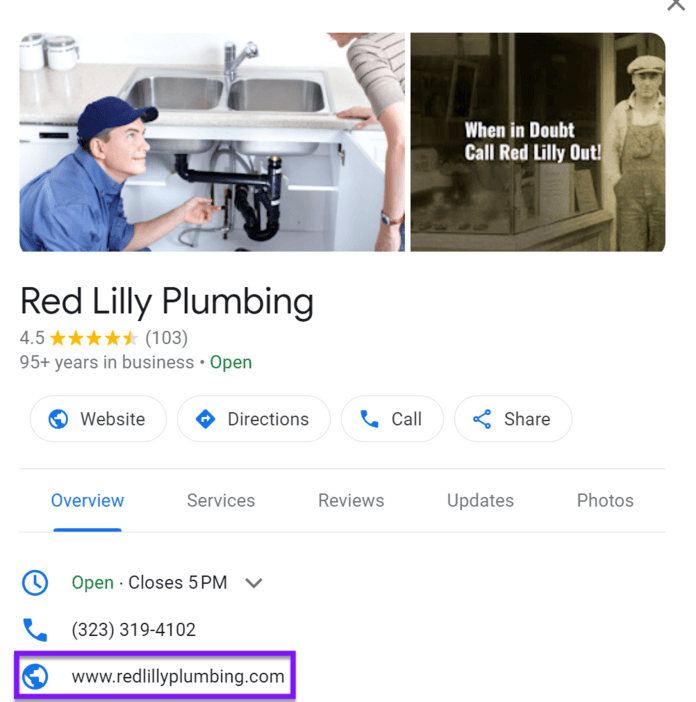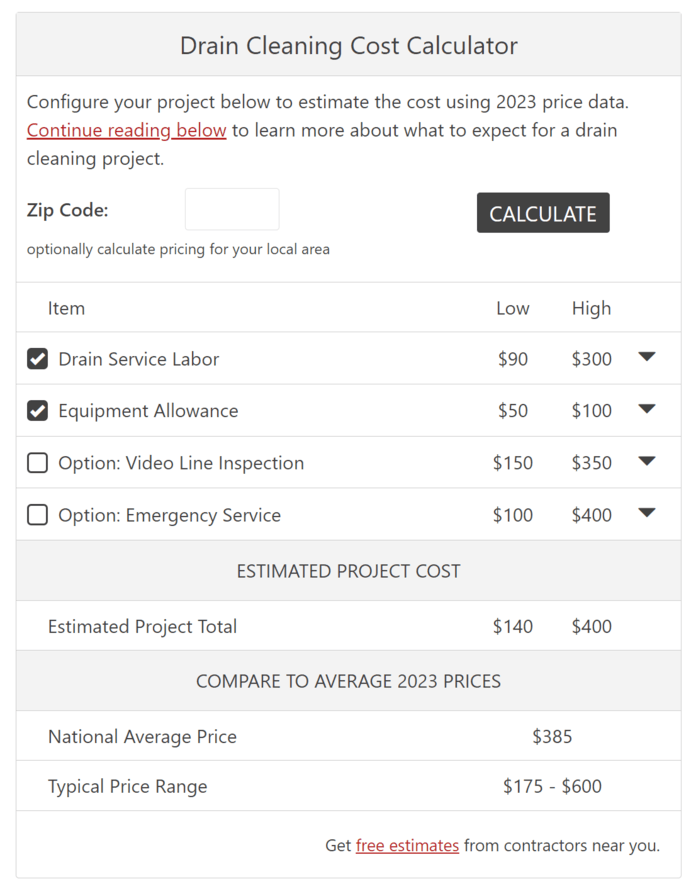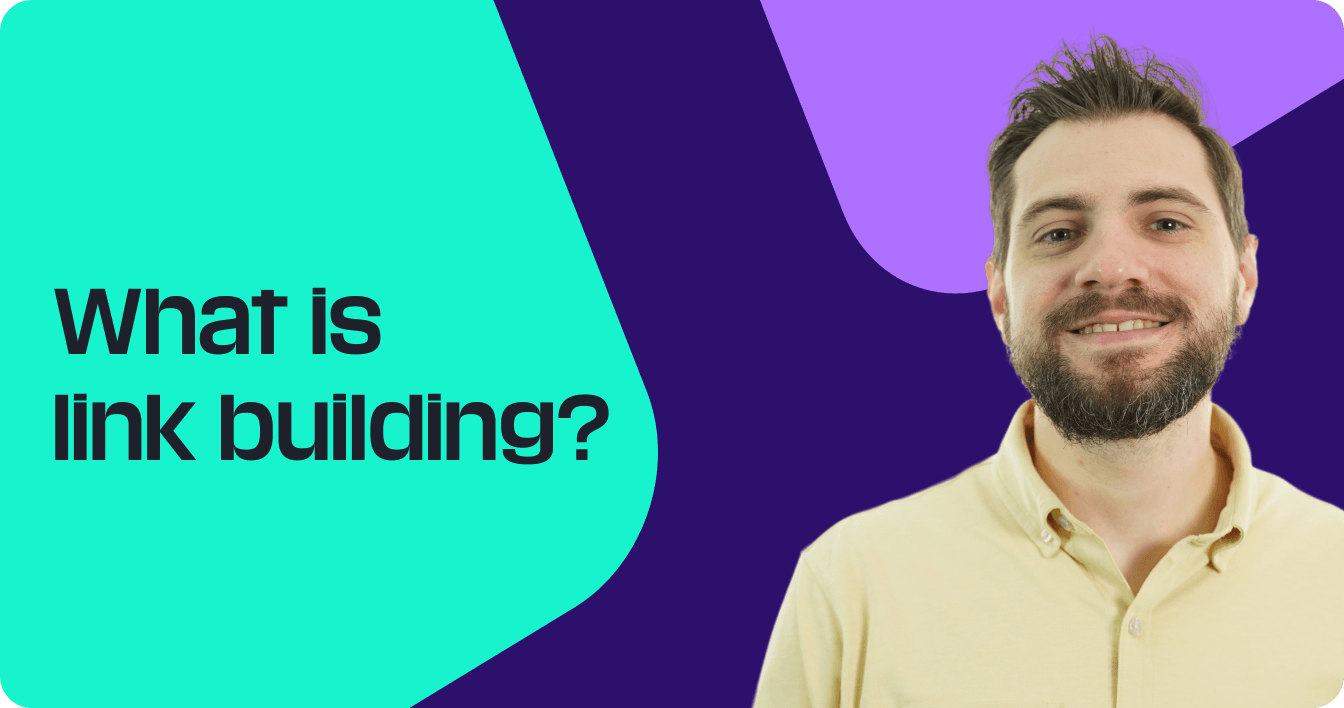If you’ve spent time learning about search engine optimization (SEO), you might have heard about the importance of link building. Here, we’ll provide a link building guide, exploring its definition, benefits, and strategies for attracting backlinks that grow your online authority, reputation, and rankings!
What is link building?
Link building is the process of intentionally building links from one site to another to build the receiving site’s authority and reputation online. Common link building tactics discussed by the best SEO courses include outreaching to prospective sites, creating interactive content, and more.
What is the difference between internal and external links?
The difference between internal and external links is internal links link to other pages on the same domain, while external links link to other pages on a separate domain. While external links (better known as backlinks) help build trust and authority, internal links help search engine crawlers and users explore your site.
Why are backlinks important for SEO?
Backlinks are important because they improve credibility and rankings for SEO.

“We have various systems that understand how pages link to each other as a way to determine what pages are about and which might be most helpful in response to a query. Among these is PageRank, one of our core ranking systems used when Google first launched.”
To some extent, backlinks are significant for the same reason that internal links are — these links lead people to your website. That alone is a good reason to seek out backlinks. But it’s also more than that. Backlinks strongly affect your Google rankings, therefore impacting your SEO.
PageRank is one of Google’s more important systems for ranking content. This system uses backlinks to understand a website’s reputation, helpfulness, and trustworthiness. Sites with a stronger reputation tend to rank higher than other sites.
How to obtain backlinks
Now the question is, how can you obtain backlinks for your website? There must be some way of getting them, you might be saying — and you’re right. In fact, there are several:
- Buying backlinks
- Adding backlinks
- Requesting backlinks
- Earning backlinks
- Using reputable link building services
You can also use handy link building tools to help you obtain backlinks.
Buying backlinks
The first method for obtaining backlinks is to buy them, like through link farms. The process is pretty much what it sounds like — you pay a website to feature links to your content somewhere on their site.
This might be the quick and easy option, but it’s also the worst one.
This might be the quick and easy option, but it’s also the worst one. It’s a form of black-hat SEO, which is both unethical and likely to get you penalized in rankings when Google gets wind of it.
Plus, the only sites that will let you buy backlinks from them probably aren’t that reputable to begin with, so the money will be wasted anyway.
In short, please don’t buy your backlinks.
Adding backlinks
Another method of getting backlinks is to add them yourself on places like social media or business directory sites.
Unlike buying backlinks, there’s nothing inherently wrong with this method.

However, it’s not as effective as other link building strategies. By all means, add links to your site on your social media profiles and online directories — but don’t expect those backlinks to supercharge your authority among search engines.
Instead, these backlinks will help establish your reputation with search engines and users.
For example, if someone searches for your brand online, your profiles on third-party sites (think Google Business Profile, Angi, and Bing Places) will likely appear with an overview of your business, products or services, and reviews.
These profiles give users and search engines serve as almost a resume for your brand, and help search engines bridge the connection between your brand and website through the backlink to your site. So, use this link building strategy, but don’t make it your only strategy for attracting links.
Requesting backlinks
A third tactic you can use to get backlinks is to simply ask for them. This is the most reliable way to get new backlinks. It’s also the most difficult. Whether you receive a link through outreach depends on several factors, including:
- Your outreach email
- Your suggested content for receiving the links
- Your outreach point-of-contact
You’ll need to conduct outreach to grow your backlink profile, though, so get started by:
- Researching authoritative sites and publishers in your industry
- Evaluating your existing content (or generating new content ideas) to outreach for
- Preparing outreach emails (which should offer value vs. asking for a favor)
Another link building tactic focuses on targeting broken links.
If you have content that would serve as an excellent replacement (or even offers good value), you can reach out to the publisher and mention your content as a possible alternative.
For instance, maybe you find a broken link on a page about common lawn weeds. You can point that out to the publisher, and then add, “We actually broke down the most common lawn weeds and how to manage them in our recent guide.”
No matter how you approach requesting backlinks, prepare to hear “no” (or nothing at all) more than “yes.”
Earning backlinks
Finally, you can obtain backlinks by earning them organically. When you earn backlinks, it means you didn’t actively do anything to get them — a website simply saw your content and thought it was worth linking to.
This is the most desirable way to get high-quality backlinks, because it eliminates the time-consuming process of manual outreach. However, it’s also the least reliable method, since it has to happen organically — you can’t do anything to influence it outside simply producing good content as a part of your content marketing plan.

For that reason, you should aim to earn backlinks by producing high-quality content, like:
- Longform guides
- Interactive content, like tools, quizzes, and more
- Research studies
Producing this level of content is an investment, but can pay dividends in growing your backlink profile. If you don’t have the means internally to create this level of content, consider SEO content marketing services, which handle everything for you.
Using link building services
Link building services from reputable SEO companies provide the support your business needs to produce and promote content that attracts valuable links from trustworthy sites in your industry.
Many companies opt for professional assistance because building links isn’t easy.
Link building tools for beginnings
You’ll spend a lot of time building links — that’s why it’s important to have a link building toolkit. While there are some free resources, it’s worth investing in paid solutions to save yourself some time researching, outreaching, and more.
- Claude for idea generation (content ideas, outreach emails, etc.)
- BuzzStream for outreach (management, performance monitoring, etc.)
- Ahrefs for research (competitor, content, etc.)
6 link building tips
Now that we’ve discussed how you can earn backlinks, let’s conclude this overview of SEO link building basics by going over three link building tips for your site.
- Aim for quality over quantity
- Prioritize “follow” links
- Analyze your competitors’ links
- Get creative with AI
- Target broken links
- Produce elite content
Read on to learn more.
1. Aim for quality over quantity
As we’ve noted, the whole point of backlinks is to get a boost from reputable websites. That means that backlinks from non-reputable sites aren’t worth much. So, why waste your time and resources chasing after those links?
Instead of trying to get 20 different low-quality backlinks, aim for high-quality ones, even if it’s only two or three. One high-quality backlink is worth more than 10 low-quality ones.
2. Prioritize “follow” links
There are two types of links out there:
- “follow” links
- “nofollow” links
“Nofollow” links are those where the site containing the link indicates to Google that they don’t want to give an endorsement to the page they’re linking to by instructing search crawlers to not follow the link. Google therefore puts far less weight on “nofollow” links.
That’s not to say “nofollow” links are worthless, but “follow” links are better to have. To assess the quality of your backlinks, using a backlink checker can be helpful. So, to what small extent you have control over the backlinks you earn, be sure to prioritize “follow” links. Those are the best ones to target.
3. Analyze your competitors’ links
Be sure to check out what your competitors are doing, like with a competitor analysis tool.
This is a good rule of thumb for digital marketing as a whole, but it includes backlinks. You’ll want to keep an eye on what sorts of backlinks they’re getting and — if possible — how they’re getting them.
This will give you an idea of what you need to do to keep ahead of those competitors and outperform their SEO with your own backlink strategy.
4. Get creative with AI
AI tools, from ChatGPT to Claude to Cursor, provide a massive toolkit for link building and search engine optimization. While we don’t recommend writing SEO content with AI, there are plenty of uses for AI in link building, including:
- Using AI to build interactive tools, like a calculator
- Using AI to generate creative topic and tool ideas
- Using AI to get feedback on outreach emails
5. Target broken links
Websites everywhere have broken links to other sites.
With tools like Ahrefs or Semrush, it’s possible to discover these broken links and pitch your site (and its content) as an alternative. This link building strategy is effective because you’re solving a webmaster’s problem — having a broken resource or citation.
6. Produce elite content
It’s not enough to produce skyscraper content. You need to produce elite content.
With elite content, you gain an edge over AI-generated content because you’re bringing:
- First-hand insights to an industry-specific problem
- Unique assets, like an interactive tool, checklist, or quiz
- First-party data to a topic, like from a survey or client data
While AI tools can help produce this kind of content, like by developing an interactive quiz, the rest is you and your team (or SEO agency). And once this content launches, its quality and uniqueness will give your business a competitive edge in generating backlinks.
Discover more SEO strategies with SEO.com
Using the above SEO link building basics, you can do a lot to boost your SEO strategy via backlinks. Ready to elevate your link building strategy? Our team at WebFX, the digital marketing company behind SEO.com, offers comprehensive SEO management services, including targeted link building to enhance your online presence. Contact us online today to discover how we can help you improve rankings and drive more traffic to your site!
Let’s Drive Results Together 

Meet
Connect with us, today!



